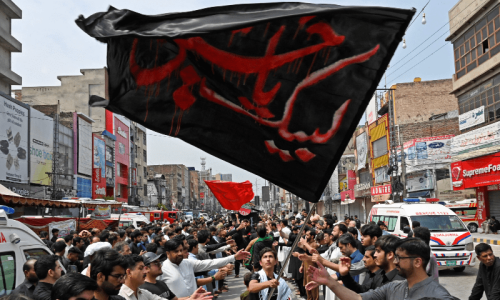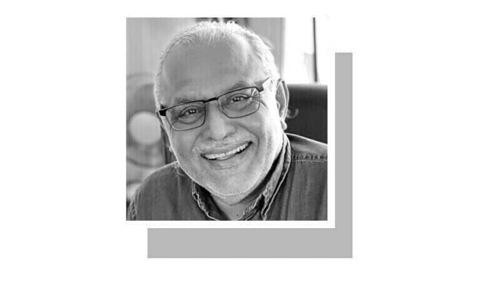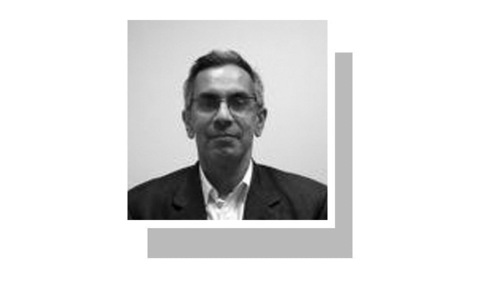WASHINGTON: The recent battlefield standoff between India and Pakistan was “a clear setback for India”, underscoring the decades-long Kashmir conflict and exposing India’s inability to impose a resolution, according to The New York Times.
“Strategically, the battlefield tossup was a clear setback for India. An aspiring diplomatic and economic power, it now finds itself equated with Pakistan, a smaller, weaker country,” the newspaper noted in a report on Sunday.
“The four-day clash reminded the world of India’s powerlessness to resolve 78 years of conflict with the troubled nation next door. Any act of confrontation plays into the hands of Pakistan, where friction with India has long been a lifeblood. Outright military victory is nearly impossible, given the threat from both countries’ nuclear arsenals,” it added.
Says Delhi now finds itself equated with Islamabad, claiming any act of confrontation plays into the hands of Pakistan
Drawing on interviews with more than a dozen diplomats, analysts, and officials, the report painted a stark picture of India’s enduring dilemma. “After multiple wars and several failed attempts at solving their disputes, the problem has only grown in complexity,” it added.
The analysis reinforces Pakistan’s position that the Kashmir dispute remains a nuclear flashpoint — one that must be resolved to ensure the safety and prosperity of more than 1.6 billion people in South Asia.
Noting that such clashes only fuel religious extremism in both countries, the newspaper added, “In India, the shift to strongman, Hindu-nationalist rule has left it boxed in whenever tensions rise, as the right-wing base of Prime Minister Narendra Modi often calls for blood.”
Joshua White, a former White House National Security Council official and now a professor at Johns Hopkins University, said Pakistan was “encouraged by Trump’s references to Kashmir”, viewing them as an opportunity to bring international attention back to the dispute. “India’s strategy,” however, “will be to wait until Trump moves on to other priorities.”
He said the structure of a neutral forum, possibly in the Gulf, “does structurally and historically favour Pakistan, and could make it harder for India to justify this deal to its public.” When asked whether India would accept third-party mediation on Kashmir, White was unequivocal: “No, I do not.”
Shuja Nawaz, distinguished fellow at the Atlantic Council and author of several books on Pakistan’s military, expressed cautious optimism. He told Dawn that after “a much-needed pause,” talks could begin “at a neutral site,” allowing both sides to test the waters without appearing to compromise.
Some subtle signals may already be in motion. White pointed to Prime Minister Shehbaz Sharif’s decision to convene Pakistan’s National Command Authority, describing it as a “soft nuclear” message that might have helped defuse tensions. Meanwhile, US Secretary of State Marco Rubio’s reference to an agreement “to start talks on a broad set of issues at a neutral site” suggests that diplomatic mechanisms are at least under discussion.
Hassan Abbas, of the National Defense University in Washington, emphasised the importance of US intervention. “President Trump’s recent assertion that US intervention prevented a potential nuclear conflict between India and Pakistan underscores his role as a peacemaker in a volatile region,” he told Dawn.
“By facilitating a ceasefire between the two nuclear-armed neighbours, Trump demonstrated effective crisis management and a commitment to global stability.”
Abbas said Trump’s “balanced approach, avoiding favouritism, marks a departure from previous US policies that were perceived as leaning towards India. This neutrality not only helped de-escalate immediate tensions but also sets a precedent for constructive engagement in the region.”
Comparing Trump’s intervention to Indian Prime Minister Narendra Modi’s televised address, Abbas noted: “Modi’s speech felt like a relic from the past, offering a weak defence of India’s policy towards Pakistan. Notably, he overlooked acknowledging the US role — a point that won’t go unnoticed in Washington.”
Published in Dawn, May 19th, 2025













































